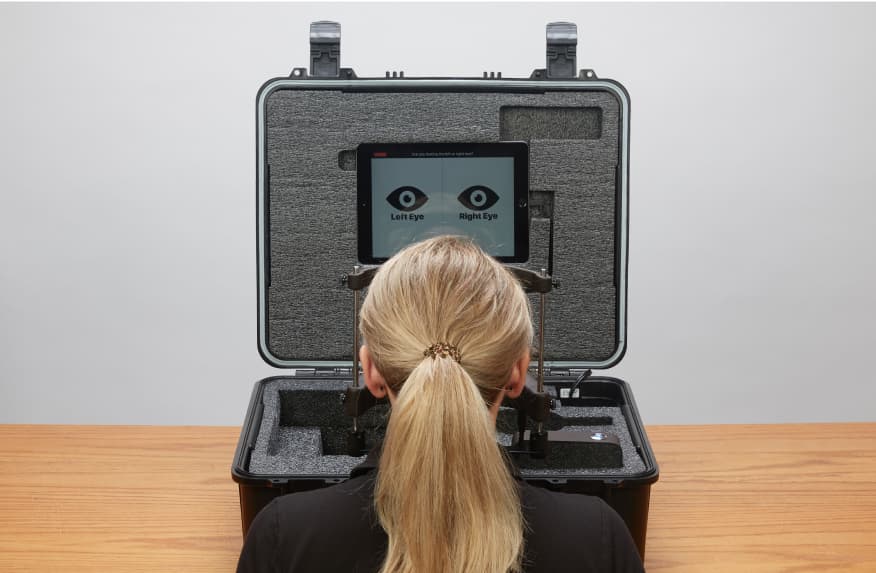
EyeGuide Technology
July 6, 2023
How neck and headache linked to one another?
October 18, 2023Vestibular Migraine
Vestibular migraine (VM) is a type of migraine that involves dizziness as one of the more prominent symptoms. While many VM sufferers experience headache as an associated symptom, it is possible for sufferers to experience dizziness without head pain during their attack.
Other symptoms of VM include:
– Intolerance to head movements such as turning, bending down or looking up
– Tinnitus (ringing or other sound in the ear)
– Motion sickness
– Nausea
– Vomiting
– Lightheadedness
– Loss of balance
– Rocking sensation
– Pressure in the ears and/or head
– Neck pain
VM attacks can last from minutes to days or have a cyclical pattern of weeks to months. Common misdiagnoses include Benign Paroxysmal Positional Vertigo (BPPV) and Méniére’s disease.
Can dizziness come from the neck?
YES!
In order to balance, we rely on information from our eyes, inner ears and receptors in our neck. All three of these systems send information to the brainstem which coordinates eye and head movement. Therefore, if any of these systems are not functioning optimally, we can experience dizziness or poor balance.
With that in mind, a dysfunction in the upper neck muscles and joints can potentially cause a disruption in the information interpreted by the brainstem and cause dizziness.
How can we help?
Although the cause of vestibular migraine is not completely understood, we use the Watson Headache Approach and treat it like we do any other form of migraine. We use gentle treatment to the upper neck and aim to desensitize the brain stem in which the vestibular system relays information.
We work towards achieving results that decrease the symptoms of VM, allowing sufferers to get back to what they love doing and decrease their reliance on medication.
If you are interested in more information or have any further questions, please do not hesitate to contact the team or book an appointment online.



